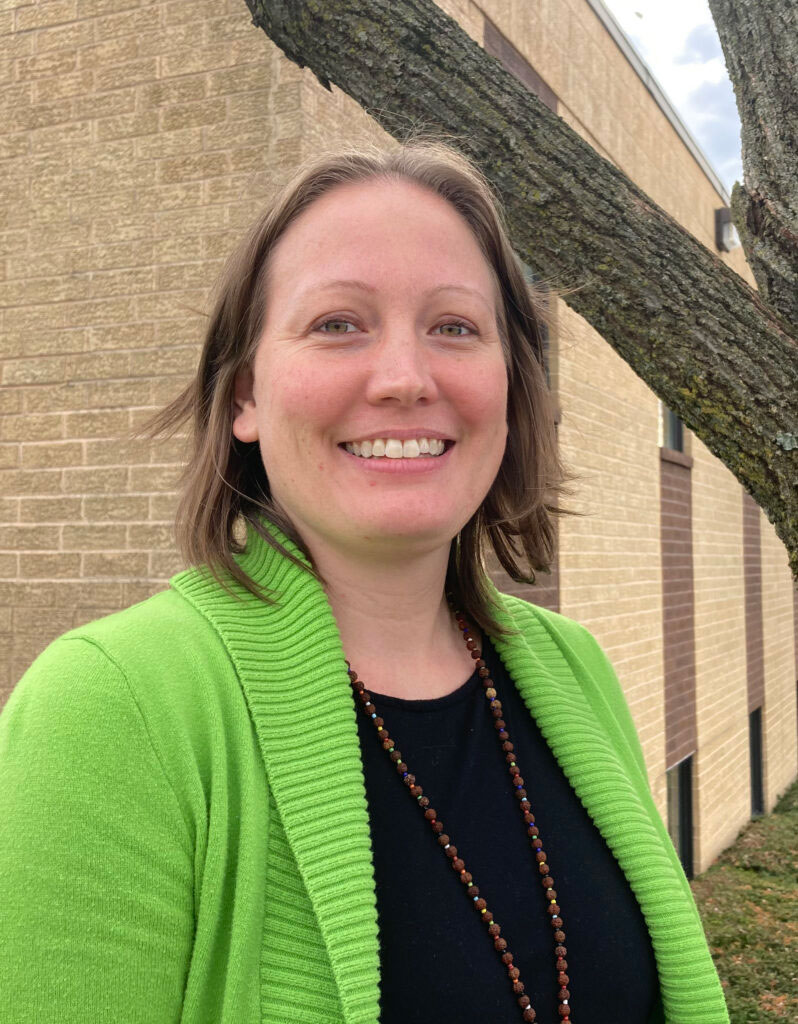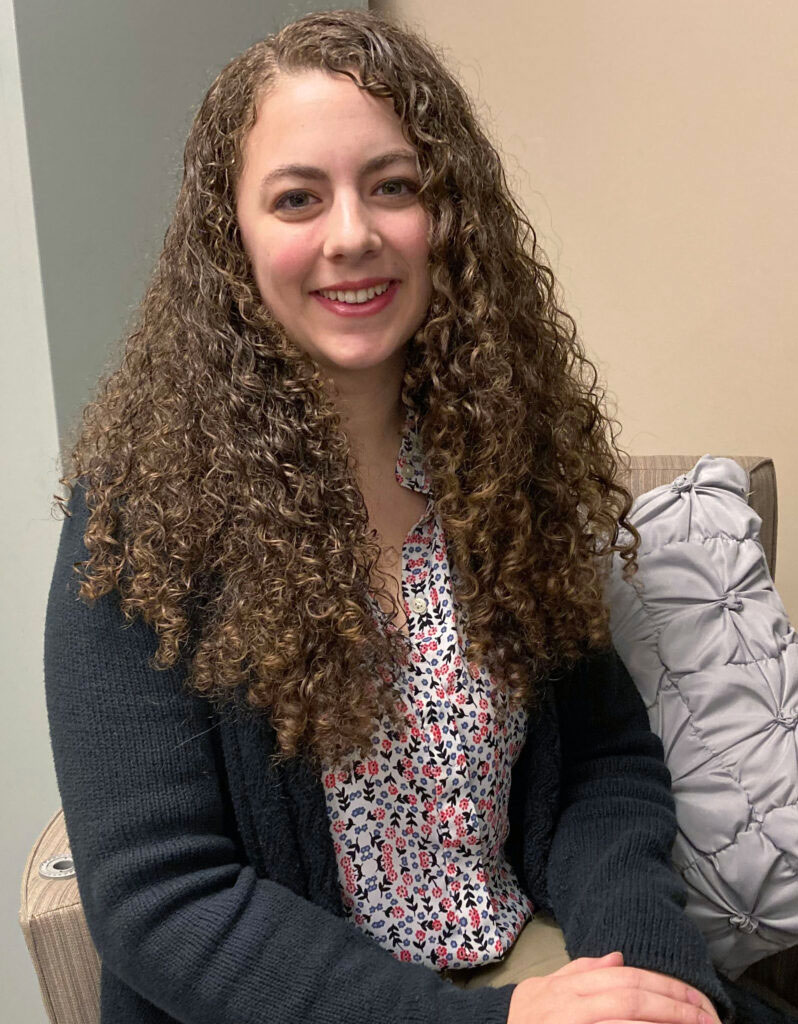Ory Bower Finds Calling in New Role as Volunteer Coordinator
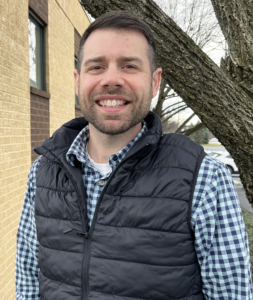 Ory Bower’s experience with Homeland Hospice has come full circle. He began as a volunteer in 2018, and was quickly inspired by Homeland’s mission to make a difference in the lives of others. Ory joined Homeland’s staff in an administrative position in 2021 and has worked in a variety of positions over the years. He recently took on the role of volunteer coordinator, which gives him the opportunity to work alongside Homeland’s inspiring volunteers.
Ory Bower’s experience with Homeland Hospice has come full circle. He began as a volunteer in 2018, and was quickly inspired by Homeland’s mission to make a difference in the lives of others. Ory joined Homeland’s staff in an administrative position in 2021 and has worked in a variety of positions over the years. He recently took on the role of volunteer coordinator, which gives him the opportunity to work alongside Homeland’s inspiring volunteers.
“When I started as a volunteer, I really connected with patients,” Ory says. “I made regular phone calls to lift their spirits.”
During his time talking to patients, Ory learned to understand what makes each person tick. He fondly remembers a woman who loved to quilt, and would update him on her latest projects and what she planned for future creations.
“She found comfort in completing tasks,” Ory remembers. “This gave her a sense of control in her life.”
Ory believes his perspective as a volunteer will help him in his new role. He understands no detail is too small. Every conversation, note, and encounter can make a difference in someone’s life. He looks forward to new and different ways he can engage with volunteers as well as patients and their families.
Since taking on this role in January, Ory has connected personally with each volunteer to gather their insights and feedback on current and future programs. Homeland’s life-changing work is made possible by volunteers who share their time and compassion with others. From working directly with patients to helping with administrative tasks, volunteers are the lifeblood of the organization.
One of the most popular volunteer opportunities is home visits with patients and their families. Volunteers read aloud, chat, play games and look at family photos to help provide patients comfort and friendship. These moments can be moving, and often lead to strong bonds between volunteers and patients.
In addition to personal visits, volunteers have opportunities to connect with patients through programs such as Homeland’s Soup & Casserole program that provides meals for patients and their families. Another program called My Life, My Legacy gives hospice patients an opportunity to tell their life story. The end result is a book with photos and memories for families cherish after their loved one’s passing. This program is very popular among volunteers.
“Our volunteers have so much dedication and compassion,” Ory says. “We truly couldn’t do our work without them.”
Ory grew up and lives in Newport. He attended Messiah University where he earned his degree in ministry. While he didn’t know about Homeland after graduation, he felt a calling to refocus his life to help others. This internal call to action along with his understanding of Homeland’s work will help him thrive in his new role.
“There is so much joy in this work,” Ory says. “I am proud to be part of the Homeland team.”
For more information on volunteer opportunities with Homeland Hospice, call Ory at (717) 221-7890.

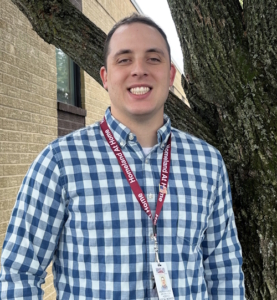 Your choice. Our privilege. For Homeland Hospice this is a promise to deliver the most compassionate care possible to all patients and their families. In his role as a licensed social worker (LSW) with Homeland Hospice, Andrew Humes lives these words every day as he helps patients during their end-of-life journey.
Your choice. Our privilege. For Homeland Hospice this is a promise to deliver the most compassionate care possible to all patients and their families. In his role as a licensed social worker (LSW) with Homeland Hospice, Andrew Humes lives these words every day as he helps patients during their end-of-life journey. 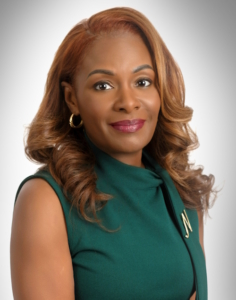 Nicol Brown, NHA, chief human resources and compliance officer for Homeland Center, has been named a 2025 YWCA Greater Harrisburg Woman of Excellence.
Nicol Brown, NHA, chief human resources and compliance officer for Homeland Center, has been named a 2025 YWCA Greater Harrisburg Woman of Excellence.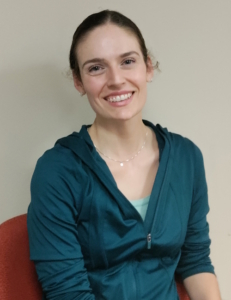 As a nurse case manager for Homeland Hospice, Batya Kassner finds the collaborative spirit and teamwork “amazing.”
As a nurse case manager for Homeland Hospice, Batya Kassner finds the collaborative spirit and teamwork “amazing.”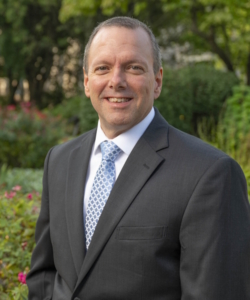 Troy Beaver was weighing three job offers when his dad’s hospice nurse told him what keeps her going every day.
Troy Beaver was weighing three job offers when his dad’s hospice nurse told him what keeps her going every day.